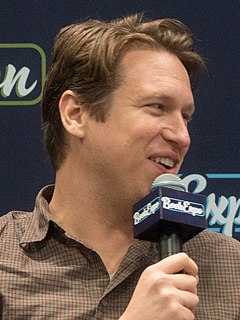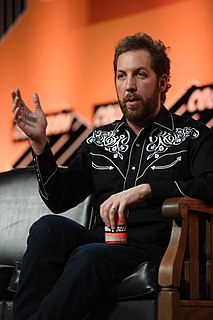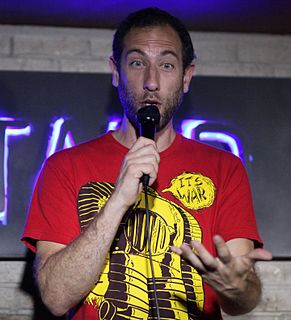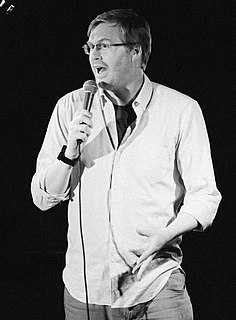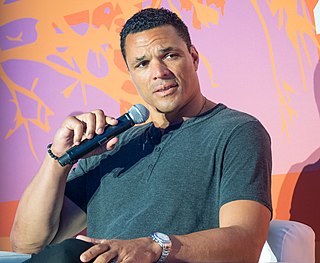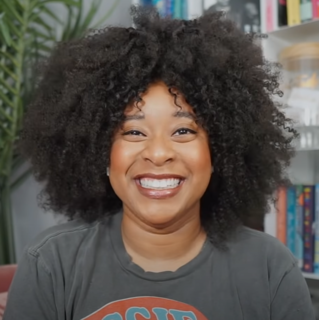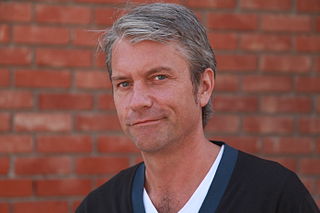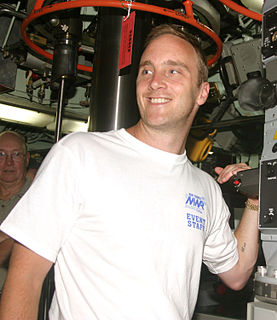A Quote by Pete Holmes
It's funny - the reason I started doing a podcast was because every time I was on someone else's podcast, I would take it over a little bit.
Related Quotes
The big problem in translating is that we had to translate the language. People may not know that we record the podcast in Japanese, translate it to English and then actors play us on the podcast. I'm not actually Scott Aukerman, I'm the actor who plays his voice on the podcast. Unfortunately, it's cost prohibitive on a television show.
For podcasters, people are just being themselves in a public fashion. So when someone is attacking a podcast, they're really attacking the person, because the person is the podcast. So I think that's why podcasters take it to heart. It's a very personal form of media, probably the most personal form of media.
Podcasting is not really that different from streaming music, which we've done for quite a long time. Having a traditional podcast that people subscribe to - the hype is ahead of the quality. Podcasting is essentially a download, and you run into copyright issues. What you're left with currently is podcast talk radio.
